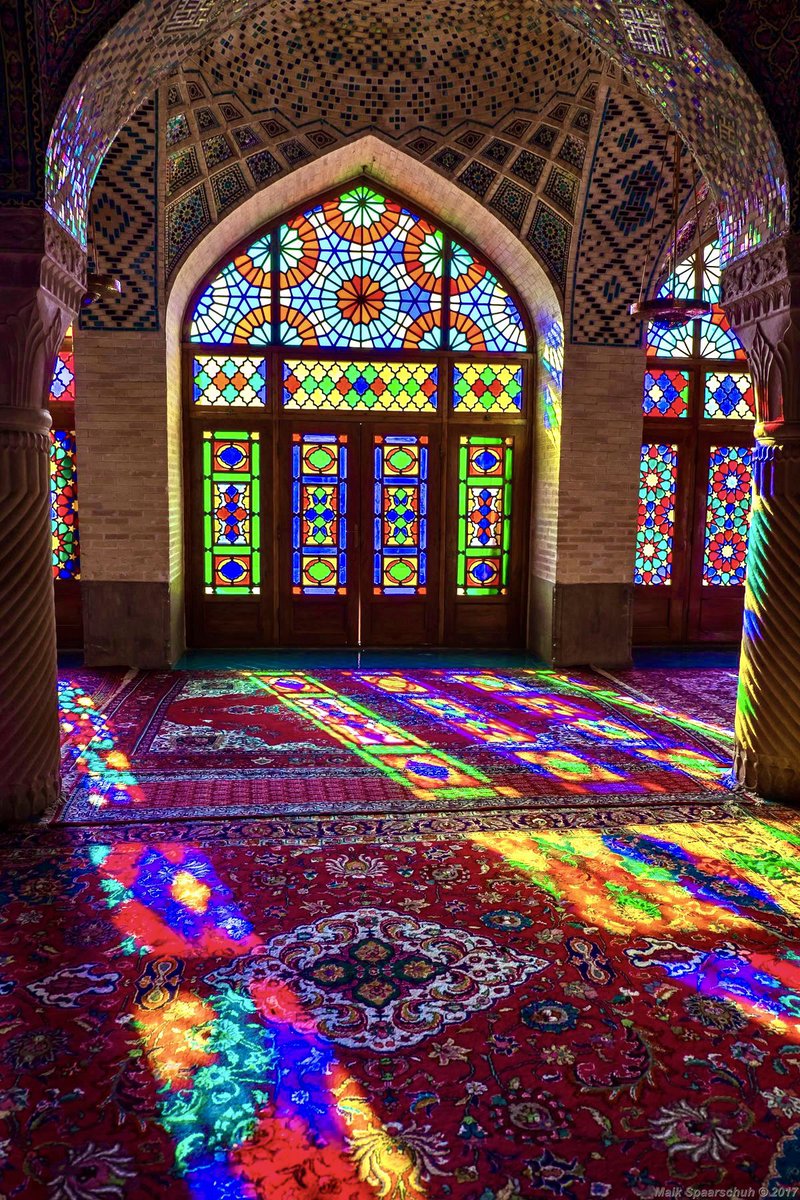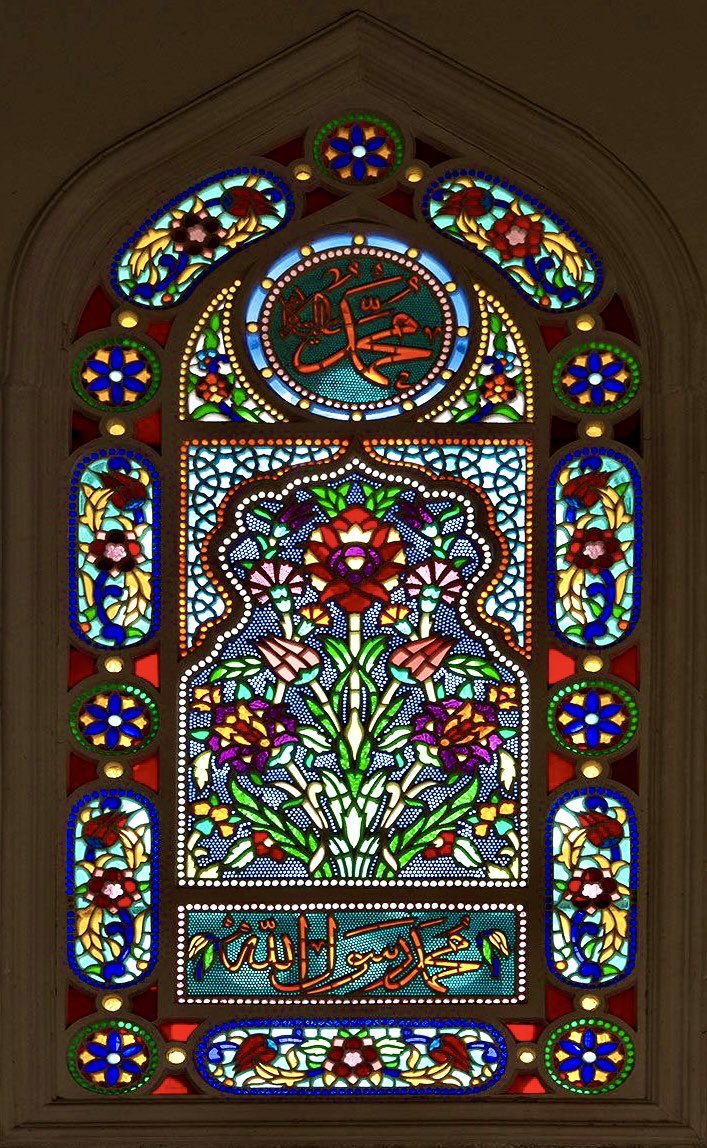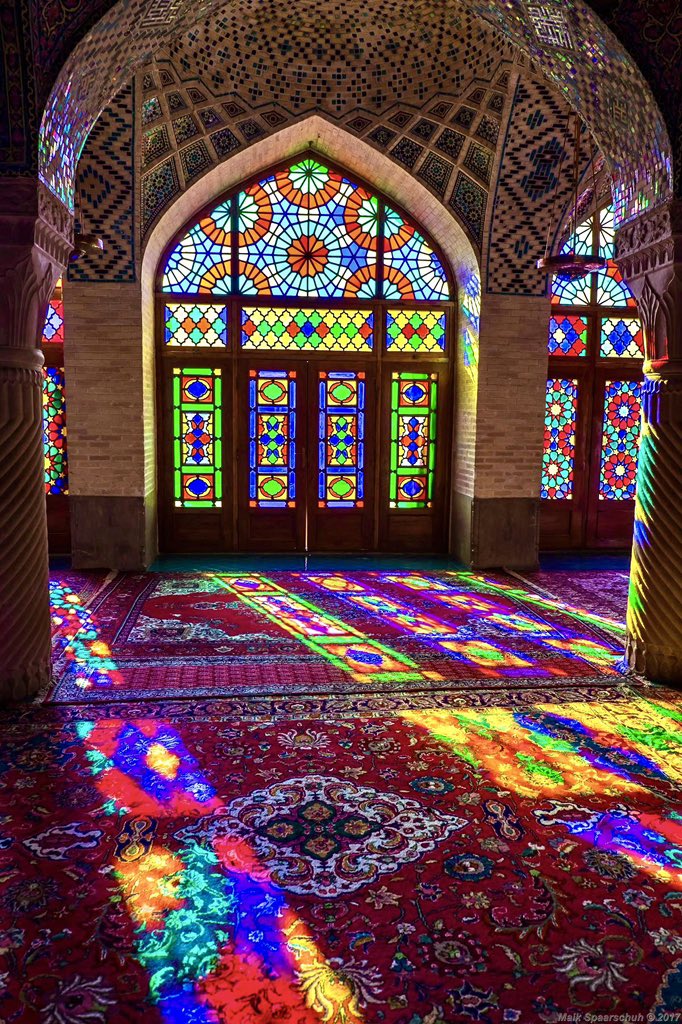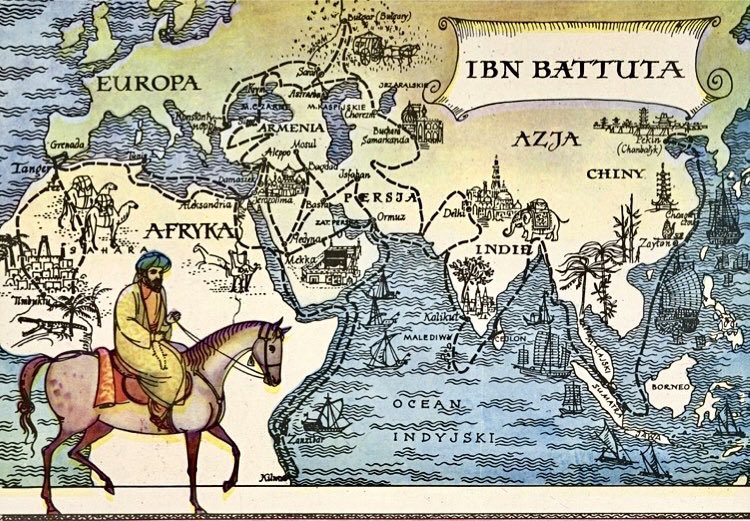It is the start of the Islamic New Year, also called the Hijri New Year. The Islamic year is 1444 AH
The Islamic New Year commemorates the hijrah (migration) of Prophet Muhammad (PBUH) & his companions from Mecca to Medina in 622 AD after persecution #IslamicNewYear
A thread…
The Islamic New Year commemorates the hijrah (migration) of Prophet Muhammad (PBUH) & his companions from Mecca to Medina in 622 AD after persecution #IslamicNewYear
A thread…

1/ The Hijri calendar is one of the most important elements of Islamic identity; it is how the various religious events and observances are determined
#IslamicNewYear #HijriNewYear1444
#IslamicNewYear #HijriNewYear1444
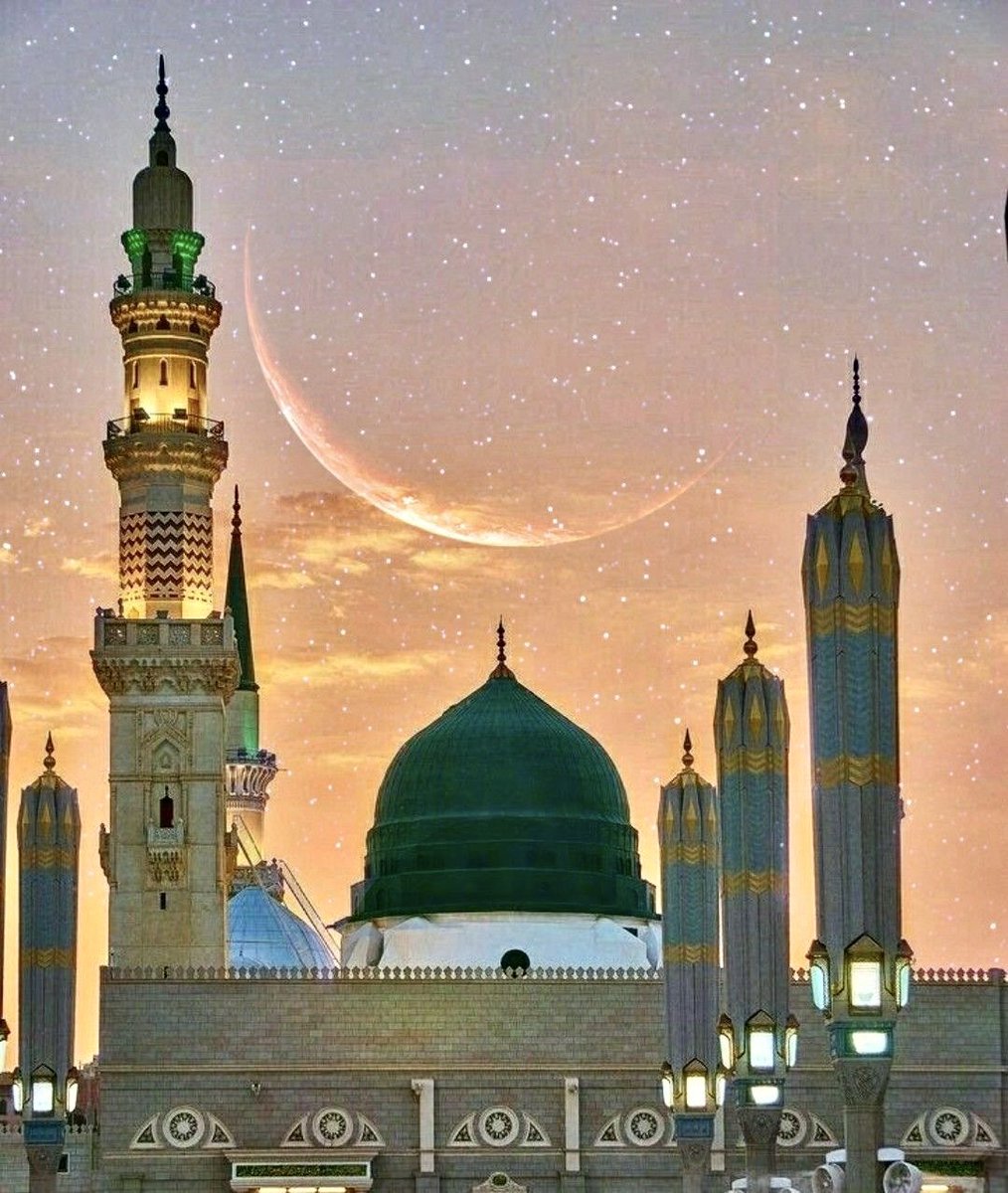
2/ The Hijri Calendar, also known as the Islamic Calendar comprises of 12 months; each month begins with the sighting of the new moon. Compared to Western calendars, the Islamic year goes backwards by about 11 days every year
#IslamicNewYear #HijriNewYear1444
#IslamicNewYear #HijriNewYear1444

3/ The 12 months in the Islamic calendar are:
Muḥarram
Ṣafar
Rabīʿ al-Awwal
Rabīʿ al-Thānī
Jumādā al-Awwal
Jumādā al-Thānī
Rajab
Shaʿbān
Ramaḍān (the month of fasting)
Shawwāl
Dhū al-Qaʿdah
Dhū al-Ḥijjah
#IslamicNewYear #HijriNewYear1444
Muḥarram
Ṣafar
Rabīʿ al-Awwal
Rabīʿ al-Thānī
Jumādā al-Awwal
Jumādā al-Thānī
Rajab
Shaʿbān
Ramaḍān (the month of fasting)
Shawwāl
Dhū al-Qaʿdah
Dhū al-Ḥijjah
#IslamicNewYear #HijriNewYear1444

4/ The Islamic New Year commemorates the migration, also known as the Hijrah, of Prophet Muhammad (PBUH) and companions from Mecca to Medina in 622 AD, after their persecution. The Islamic New Year is not a celebration, but an opportunity to reflect.
#IslamicNewYear #Hijri1444
#IslamicNewYear #Hijri1444

5/ The Hijrah is considered one the most important events in Islamic history. The Hijrah (migration) of the Holy Prophet Muhammed (PBUH) embodies many lessons of patience, tolerance and self-sacrifice
#IslamicNewYear #HijriNewYear1444
#IslamicNewYear #HijriNewYear1444

6/ The Islamic calendar was started by the 2nd Caliph Omar Ibn Al-Khattab in the year 17 A.H (After Hijrah) The question was when to start it, Ali Ibn Abi-Talib suggested when Prophet Muhammed (PBUH) migrated from Mecca to Medina, that is where the calendar begins
#IslamicNewYear
#IslamicNewYear

7/ At the start of 1444 we pray that this year brings peace, love & prosperity to all humanity, and we witness an end of tyranny, oppression, injustice, hunger, poverty, violence, racism and bigotry
#IslamicNewYear #HijriNewYear1444
#IslamicNewYear #HijriNewYear1444

• • •
Missing some Tweet in this thread? You can try to
force a refresh


